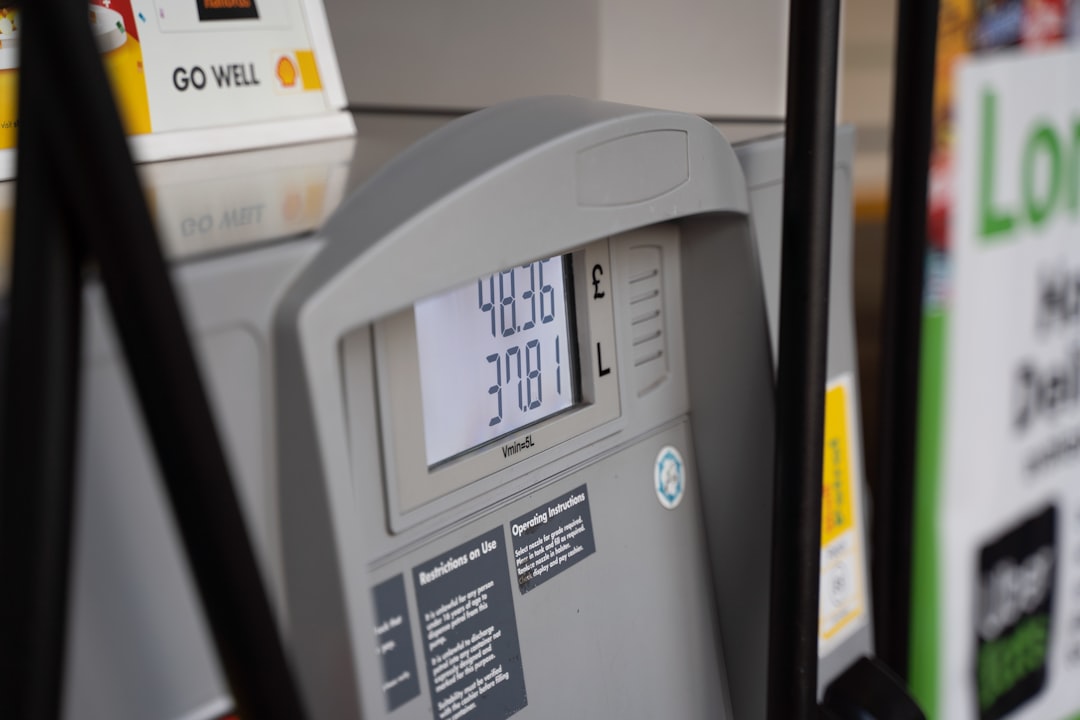Taiwan's Consumer Confidence Slides: Electricity Rate Hike Fears Weigh Heavily
Economic Uncertainties and Inflationary Pressures Dampen Sentiment in the Island Nation

Taipei, Taiwan – March saw a dip in consumer confidence in Taiwan, reaching an 11-month low. The National Central University (NCU) reported this decline, attributing it to growing anxieties surrounding a potential hike in electricity rates scheduled for April.
The latest Consumer Confidence Index (CCI), measured between March 18-21, fell to 71.86, a decrease of 0.73 points from the previous month. This marks the lowest point since April 2024, when the CCI was at 63.37. The CCI assesses consumer sentiment regarding the next six months, considering factors such as consumer prices, the local economic outlook, the stock market, purchasing durable goods, employment prospects, and household finances.
A significant contributor to the decline was the subindex related to consumer prices, which plunged 1.2 points to 35.26. This is the steepest decline among the six factors analyzed and the lowest it has been since June 2024, when it was 32.48.
According to Dachrahn Wu (吳大任), Director of the NCU Research Center for Taiwan Economic Development, widespread expectations of a rate increase from Taiwan Power Co. (Taipower) to address its financial losses fueled the concerns. Wu noted the potential direct impact on inflation and the strain on family finances that the rate hike could impose.
The anticipated electricity rate assessment meeting was slated for Friday to finalize the details.
Other factors also contributed to the overall drop. The subindexes for durable goods purchases, family finances, and the local economic climate declined to 101.99, 81.94, and 86.8 respectively. The stock market and employment subindexes also moved downwards to 49.89 and 75.25.
Liu Ming-huan (劉明寰), head of the emerging market research center of the Taiwan Institute of Economic Research, highlighted several economic uncertainties, including inflationary pressures, potential tariff threats, and the weakening Chinese economy. He also cited the recent volatility in the stock market, influenced by foreign institutional sell-offs, as contributing to the decline in investor sentiment, which the stock market index falling to levels since April 2024.
The NCU clarifies that CCI subindex scores between 0-100 indicate pessimism, while scores between 100-200 reflect optimism. The only area showing optimism in March was the likelihood of purchasing durable goods.
Alongside the CCI, another NCU survey, conducted in collaboration with Taiwan Realty, showed a drop in the index for home buying by 0.31 points, reaching 99.56, which ended a two-month streak of increases.
The NCU's CCI survey, which surveyed 3,087 Taiwanese consumers aged 20 and over, has a 95 percent confidence level and a margin of error of +/- 2.0 percentage points.
